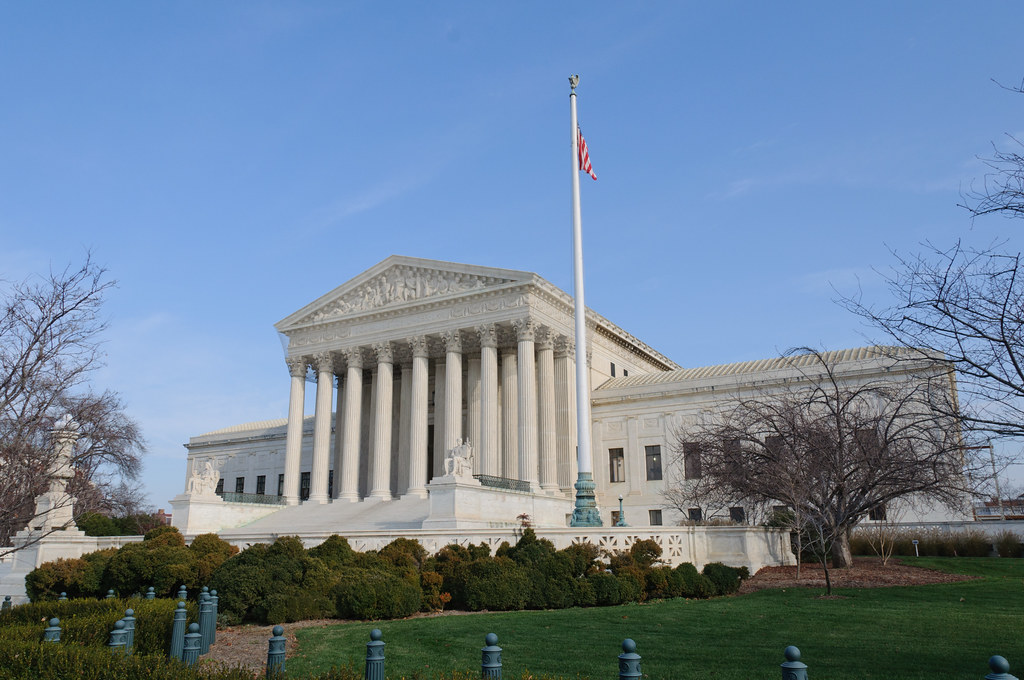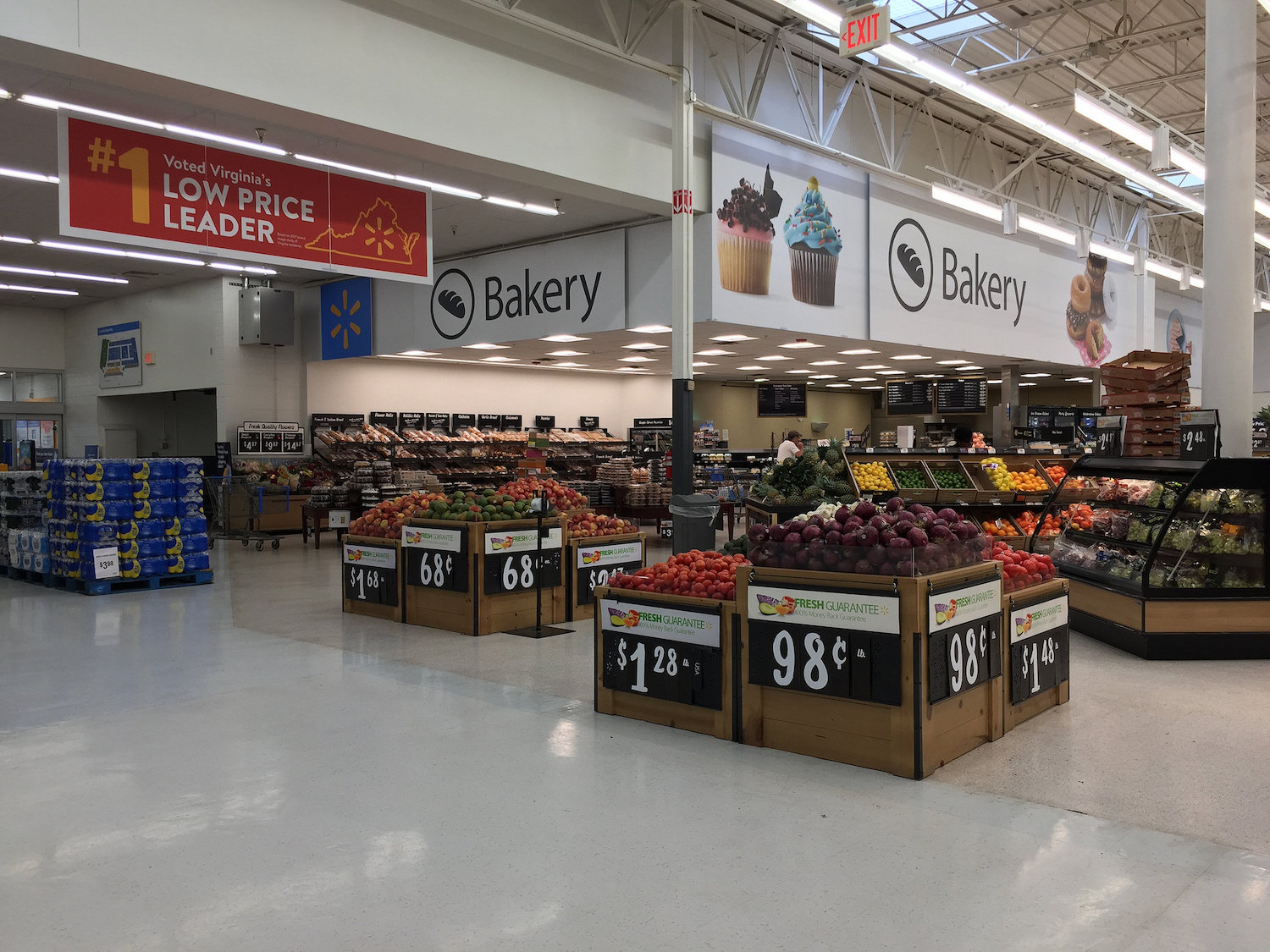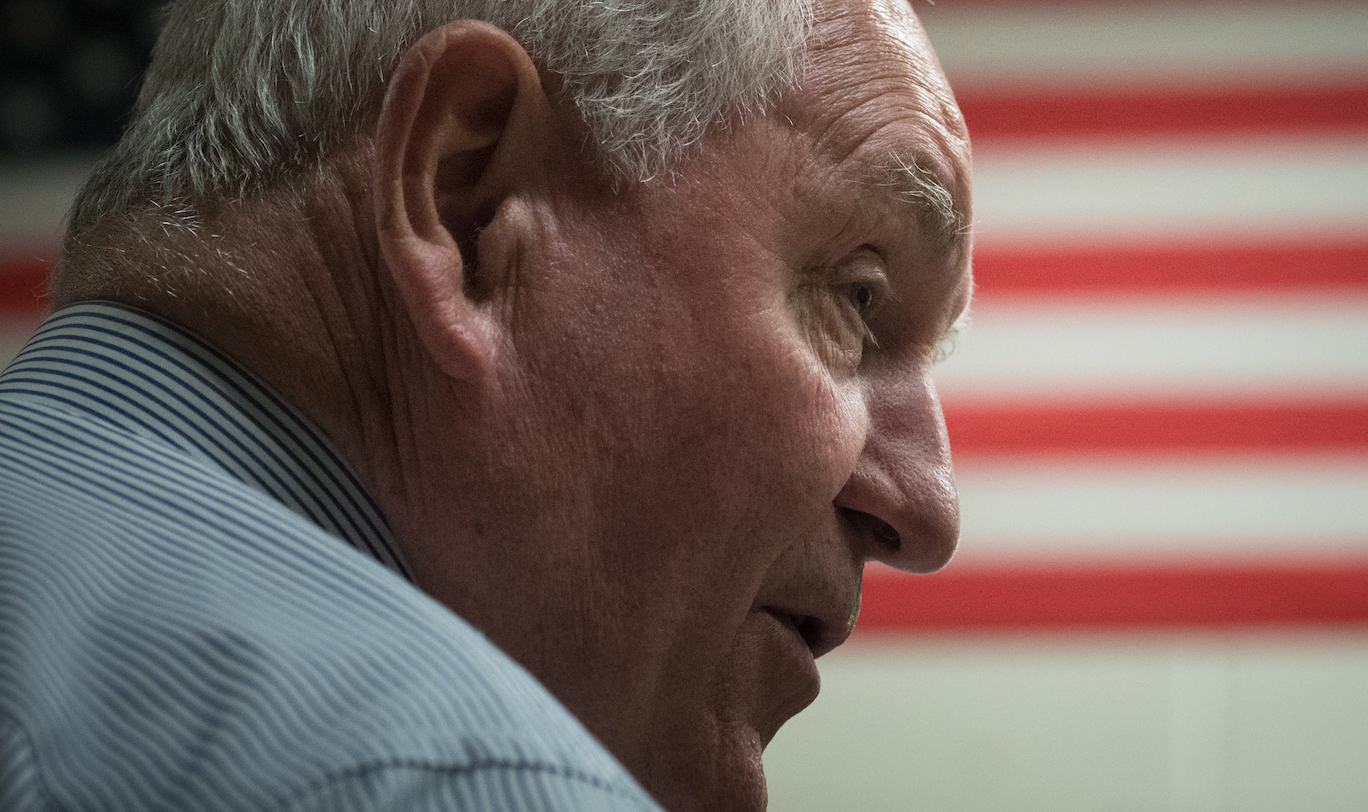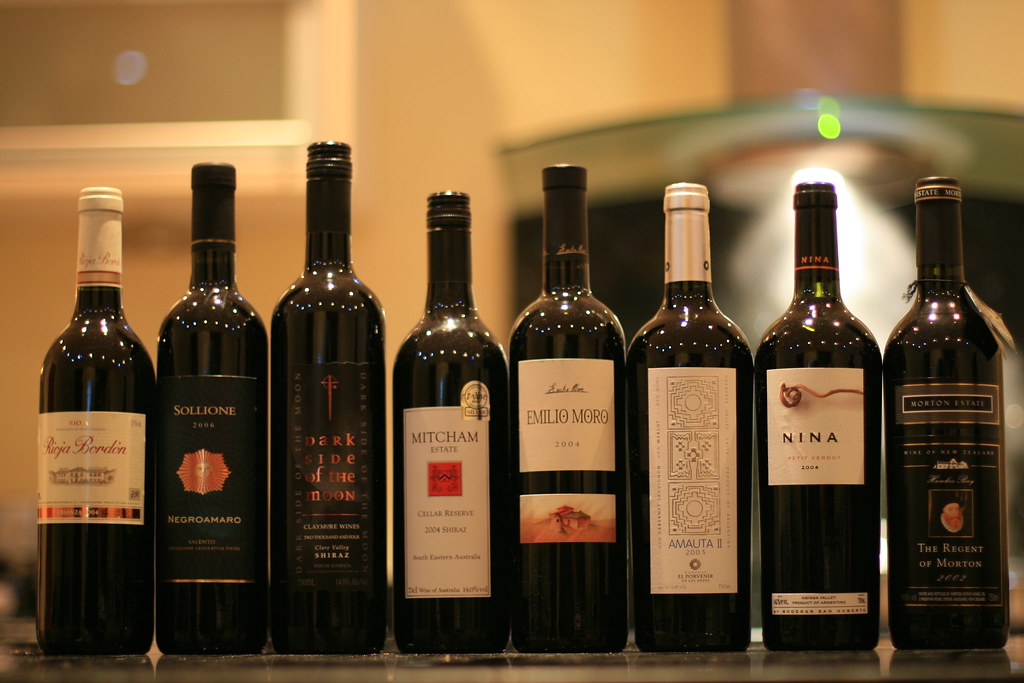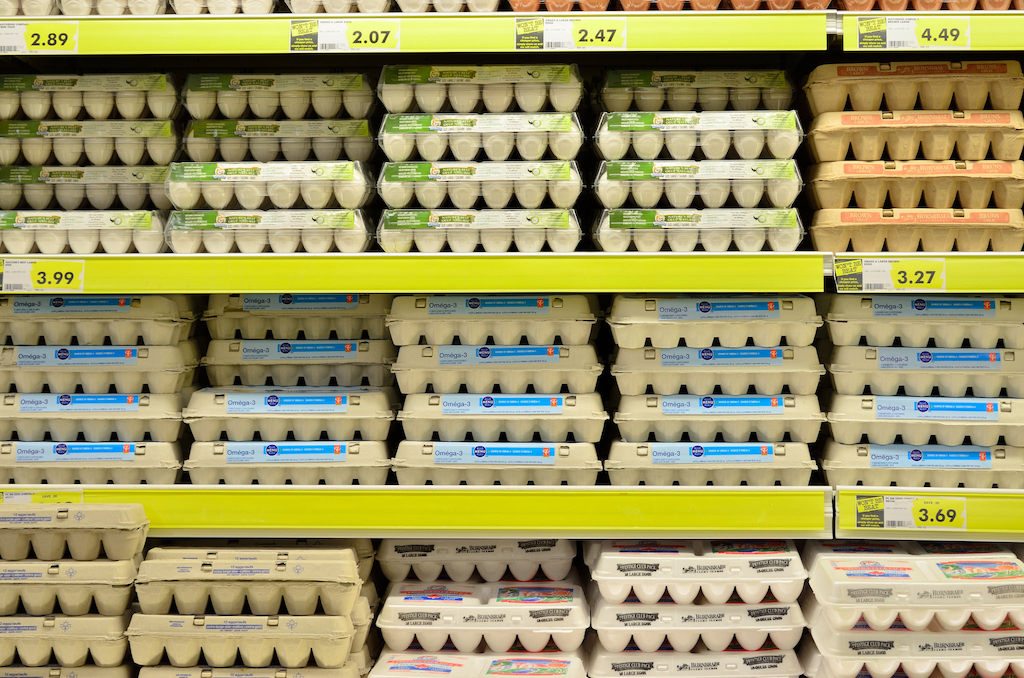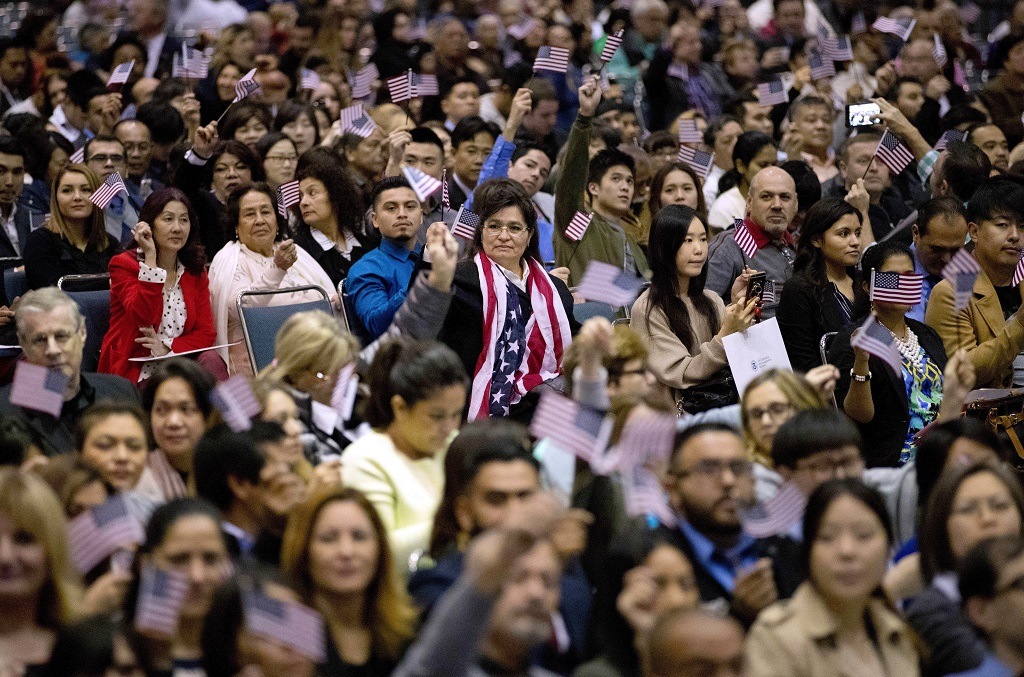
AP Photo/Jae C. Hong
The so-called “public charge” rule will move forward nationally, everywhere except Illinois.
On Monday, the Supreme Court issued a 5-4 ruling along ideological lines that will allow the Trump administration’s controversial “public charge” rule to move forward.
Back in September 2018, the Trump administration proposed a rule that would make it harder for low-income immigrants to obtain green card status. It did so by expanding the set of criteria the Department of Homeland Security (DHS) can use to determine whether or not someone is likely to become a “public charge.” That term, introduced in the Immigration Act of 1882, refers to anyone primarily dependent on public assistance for income. Immigration authorities have long had the ability to deny visa applicants if they are likely to become a burden on taxpayers.
Since the ‘90s, the definition DHS has used to decide whether or not someone may become a public charge has been pretty narrow: It’s applied only to people who receive cash assistance from the government and people who need long-term institutional care, such as in a hospital. As of 2018, only about 1.2 million families, or 3.2 million people, received Temporary Assistance for Needy Families (TANF), the federal welfare program that provides cash assistance.
Now, DHS will also consider the use of other public benefits when deciding on visa applications. These include the Supplemental Nutrition Assistance Program (SNAP, formerly food stamps) and federally funded health insurance. In contrast to the relatively small population that uses TANF, more than 36 million people receive SNAP benefits. Under the new rule, if a person relies on a program like SNAP for more than 12 months over a three-year period, they may be considered a public charge. This includes people who are employed. As we’ve reported in the past, many people who work full-time in low-wage jobs are still eligible to receive public benefits like SNAP.
Denials of visas for poor immigrants on public charge grounds have spiked in recent years, even without this policy. The State Department rejected more than 12,000 people last year, up from 1,033 in 2016, Politico reports.
The new rule was scheduled to take effect in October of 2019, but it was blocked by a federal judge in the Southern District of New York. The Supreme Court ruling allows the policy to move forward while other lawsuits challenging it work their way through the lower courts. It’s important to note this decision did not consider the merits of the rule itself; the justices instead reversed a decision to freeze the rule nationwide while the 2nd U.S. Circuit Court of Appeals makes a decision. It’s possible an appeal from the ruling made by the Court of Appeals could make its way back to the Supreme Court, resulting in an eventual judgement on the rule itself.
Still, the real impact of the policy change may be felt among low-income immigrant families long before they apply for green cards. Knowing that applying for food stamps may someday count against them in a visa application will likely sway people against signing up for SNAP. In fact, as we reported in 2018, immigrant use of the program plummeted after Trump took office. At the time, public health advocates attributed the decline to an uptick in anti-immigrant rhetoric and threats of policy changes on the horizon.
“The administration has weaponized DHS to make it harder for immigrants to find a home, build a family and participate in our society,” said Sam Brooke, deputy legal director of the Southern Poverty Law Center, in a statement. “The rule is just the latest effort in the Trump administration’s relentless attack on nonwhite immigrants in our communities and at the border.”
The Supreme Court ruling allows the rule to take effect everywhere except Illinois, where a lower court decision blocking its implementation will remain in place.

